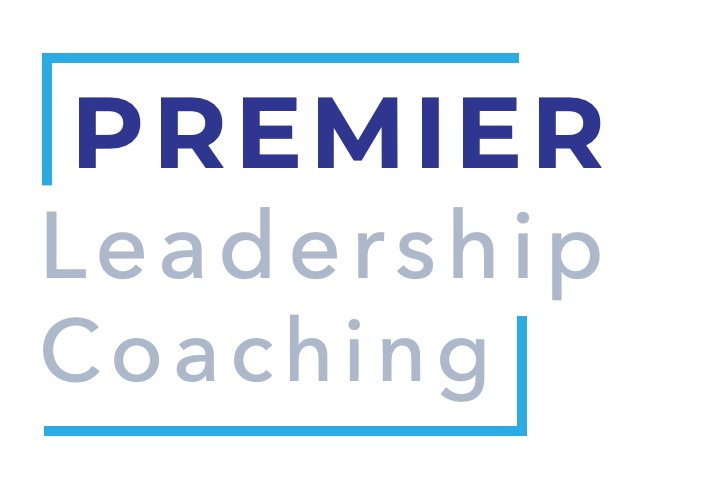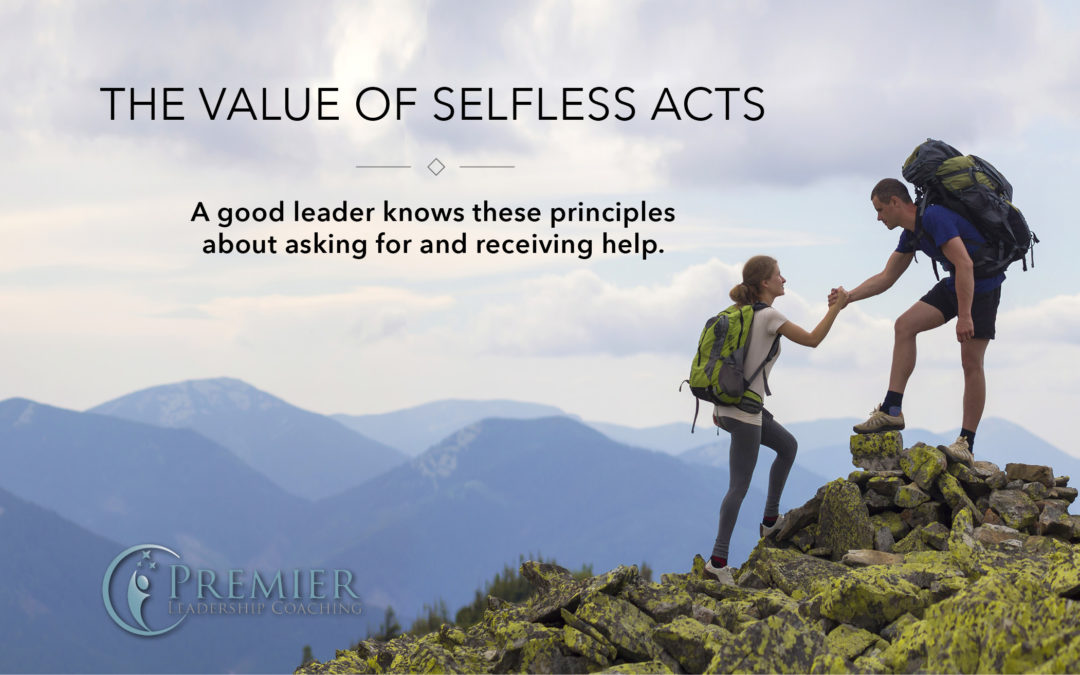Two people recently asked me for a favor.
My first instinct both times was to be annoyed. I was overwhelmed with my own work. I did not have time. It was inconvenient. I did not want to do it. Why where they bothering me? Couldn’t they see how busy I was with my own stuff?
Thankfully, my subsequent reaction was different. Truth is good like that. If you give it a minute, it bubbles up and gets in your face until you can’t ignore it. And so it went for me. I paused and then remembered a couple of principles about asking for and receiving help…
- Asking is hard. None of us is able to get ahead, do our best work, or reach our goals alone. Those that try to do so, suffer and limit their own success. In trying to show the world how capable they are, they fall short. As for the rest of us, we admit that we need help sometimes. It can be a letter of recommendation, advice, a consultation, an audience, proofreading, or feedback – there is always something. Nonetheless, asking for help isn’t easy. We don’t like exposing our vulnerabilities. We want the world to believe we are expert and totally self-sufficient. Asking for help requires courage.
- Giving is hard. Saying yes is rarely convenient. These asks are never at the right time. We are always approached when we are at our most overwhelmed. The fact is we live in a world where we are all overbooked, all the time. A group of chickens running around with no heads. Barely able to fulfill our own responsibilities. We don’t have time to give away to others. Oh well. So what. Lack of time isn’t a reason to say no. There are worse things than taking a timeout from your own life to make time for others.
- It makes the world goes around. Today someone asked you for a favor. Tomorrow it will be you. The roles are fluid. Ask-give. Give-ask. Back and forth. If we can’t do favors for each other or step up when called there is no hope. This giving and receiving is what makes the world go round. Without it, we are all in trouble. If we indeed have entered a post-help world, none of us is going to do very well. Being there for each other is all we have.
- It lets you be your best self. Yes, having another thing to do is a pain in the butt. Yes, writing a letter of recommendation for someone doesn’t necessary benefit you. But, yes, when you do something for another human being, when you come to the rescue, you feel good about you. People like being the hero, we like being selfless, we like to contribute. It makes us feel good and worthwhile and like we have value. So, even these selfless acts have a positive effect.
- Leaders do it. The most successful leaders are emotionally intelligent. Emotional intelligence is not voodoo science; it is a well-studied framework that consists of at least a dozen competencies (skills). Teamwork is one competency. So, is coach and mentor. Influence is another. Doing favors, giving help, chipping in, are all signs of emotional intelligence. You want to be someone who gives help because it means you have emotional intelligence and emotional intelligence is an indicator of leadership success. If you, aren’t a big teamwork person you need to address that because you are getting in your own way. By not helping others, you are hurting yourself. If you are interested in increasing your own success, focus on the success of others. More focus on you is not what you need.
Be mindful of these realities the next time someone approaches you with a request.
It is important to know that certain personality types are better than others at making themselves available, at contributing, at teamwork and collaboration. You likely know who you are, but if you don’t you should take a personality assessment (DISC, MBTI, NBI) to find out. Even if you naturally have one of those personality – let’s say a D(dominance) on the DISC for instance – where teamwork isn’t naturally your thing, don’t worry. Giving help, teamwork, emotional intelligence can all be taught and learned.
Now get out there and lend a hand to someone. If you don’t know how, ask for help!


Interesting.